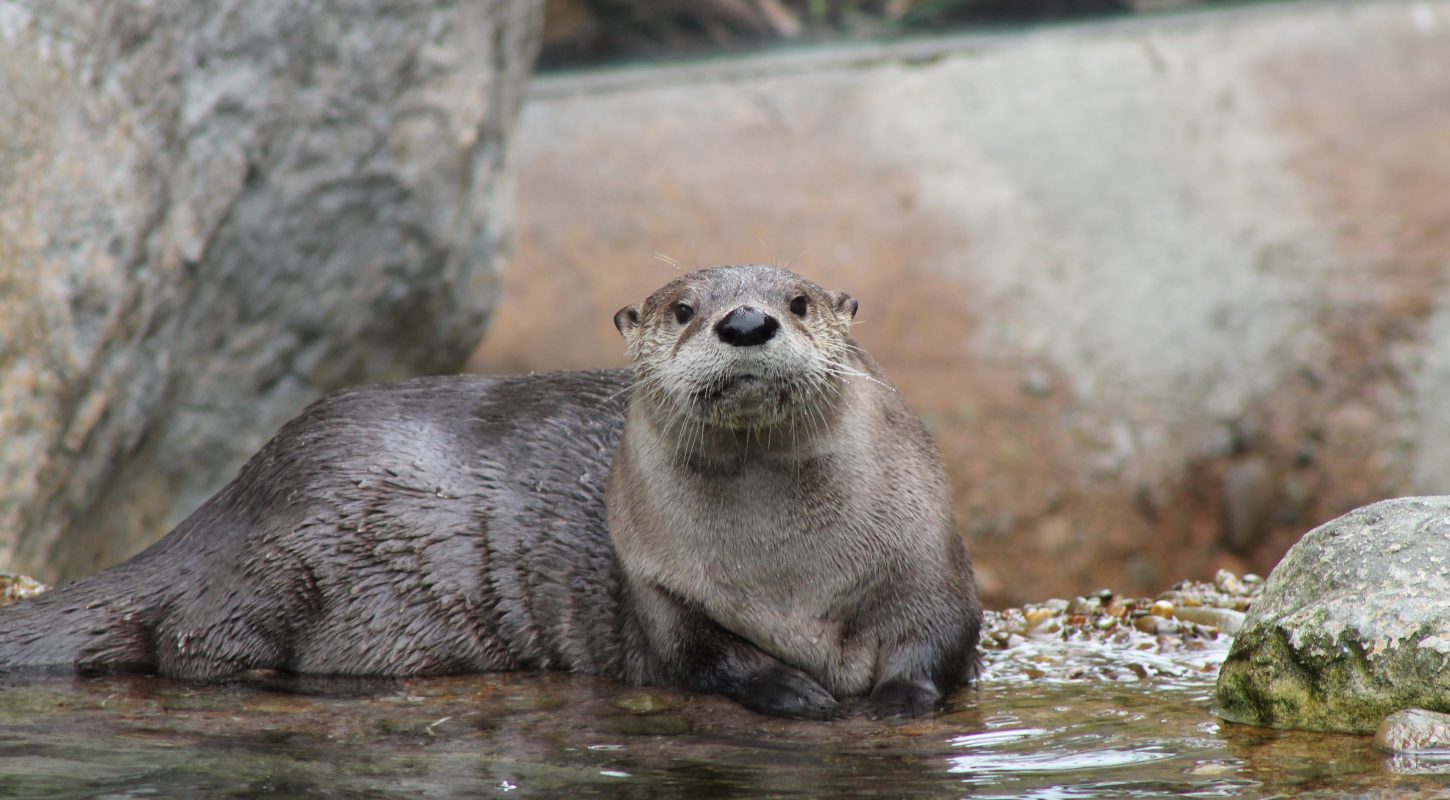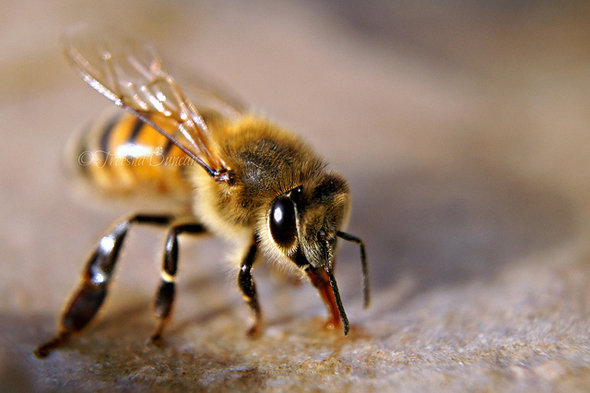The International Otter Survival Fund recently enlightened me to the recent heightened demand for wild otters as pets – spurred on by social media – and the unthinkable popularity of “otter café’s. Here’s how to help:
The otter pet trade continues to be a problem, and seems to be worsening. The demand for these pets comes from three main aspects: circuses, particularly around South East Asia, social media and “otter café’s”. Circuses have long been a problem where otters are “trained” to play with balls, jump through hoops etc. but the other two factors have grown and deepened the problem. A simple search for otters on Instagram or Facebook will pretty quickly show you otters in various situations that they shouldn’t be in. They shouldn’t be pets; they should be in the wild where they belong.
Social media is the perfect platform for the black market. Otters, particularly Asian short-clawed otters, are sold regularly and for nominal fees. Sometimes the otters that are sold haven’t even opened their eyes and their mother is killed in defense of her babies. Young otters are particularly hard to rear and should they die, they are simply replaced, and the cycle starts again. Social media sites have clear rules against the sale of live animals on their platforms, but these are being ignored and sales are still going through on a regular basis.
Otter cafés are also a huge and growing problem. There are a number of wildlife cafés in Japan where you can share your afternoon with various wild animals, including otters. Yes, when the otters are “on show” they appear healthy and fun, but they are soon forced into a life of cruelty behind closed doors. Otters don’t belong in buildings; they belong in the wild! A recent study has shown that Thailand to Japan is the most heavily trafficked route in the world and given the popularity of otters in both countries, we can assume that they are largely involved.
More recently, there are plans to start an otter café in Indonesia too. This will no doubt also be the first of many and this will be catastrophic for them. These cafés drive the demand for pets as the visitors want to have their own otter.
IOSF is also working with organisations across the area who have rescued pet otters. Facilities in Thailand, Cambodia, Vietnam and Indonesia all care for a number of otters which are being reared with a view of returning them to the wild. Although the problem mainly persists with Asian short-clawed otters, these facilities have also rescued the other three species, Eurasian, hairy-nosed and smooth-coated.
The problem isn’t only happening in Asia. In South America, giant otters in particular are being sought after as pets too! Recently, four baby giant otters were found in Trinidad and Tobago. This species doesn’t exist in the wild there and so they were clearly meant for the pet trade. Unfortunately, these otters died but it shows the extent of the problem and it continues to grow.
At the end of the day, otters don’t belong on leashes, in cages, or in bags. Wild means wild.


What can you do to help?
- SIGN THE PETITION TO STOP THE OTTER CAFÉS IN INDONESIA – OTTERS NEED YOUR HELP!
- Donate, and put ‘Illegal Trade’ in the message. All money raised goes to support the workshops and investigations into the illegal trade. You can also adopt rescued otters in the Adoption section, and support the Vietnam otters and Furget-Me-Not campaign.
- Follow their work on Social Media through Facebook, Twitter, and Instagram, and sign up to for their e-updates.
- Otters face a lack of awareness – so share this post, and make all your friends aware of otter conservation and what we are trying to do.
- If you come across incidents of trade you can report them to us anonymously here.
Learn more:
Cover photo by Jerome Heuze on Unsplash
Additional images courtesy of The International Otter Survival Fund




